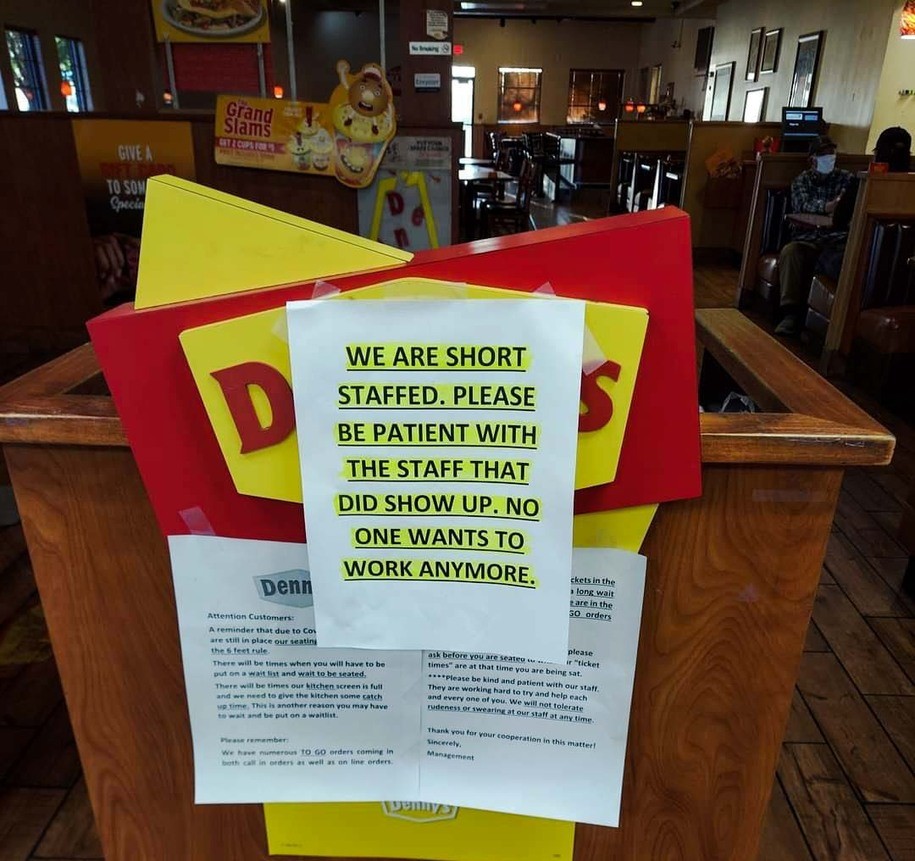
Little Rock, 1957
This week on CounterSpin: You’ve almost certainly seen the documentary photographs; they’re emblematic: African Americans trying to walk to school or sit at a drugstore soda fountain, while white people yell and spit and scream at them. Should no one see those pictures or learn those stories—because some of them have skin the same color as those doing the screaming and the spitting? The most recent attack on anti-racist education is labeled as protective, as avoiding “division,” and as a specific assessment of critical race theory. To the extent that corporate media have bought into that labeling, they’ve misinformed the public—not just about critical race theory, but about a campaign whose own architects say is about disinforming, confusing and inflaming people into resisting any actual effort to understand or respond to persistent racial inequity. Luke Charles Harris is co-founder and deputy director of the African American Policy Forum. He joins us to talk about what’s at issue.

(image: EFF)
Also on the show: Democracy & technology and digital rights groups around the world signed on to a letter in support of encryption: the ability of journalists, human rights defenders and everyone else to have private communication—to talk to one another without being spied on by governments, including their own. You’d think it’d be a big deal, but judging by US corporate media, it’s evidently a yawn. We talk about what’s going on and why it matters with Cindy Cohn, executive director at Electronic Frontier Foundation.
The post Luke Harris on Critical Race Theory, Cindy Cohn on Pegasus Spyware appeared first on FAIR.
This post was originally published on CounterSpin.


 Also on the show: Cronyism between pharmaceutical companies and their ostensible government regulators is an infuriating fact of US life, along with the unsurprisingly obscene cost of drugs. Yet somehow the story of aducanumab takes it to a new level. We talk about what pharma and the FDA call a breakthrough Alzheimer’s drug, and what public advocates call an example of all that’s wrong with the FDA, with Michael Carome, M.D., director of the
Also on the show: Cronyism between pharmaceutical companies and their ostensible government regulators is an infuriating fact of US life, along with the unsurprisingly obscene cost of drugs. Yet somehow the story of aducanumab takes it to a new level. We talk about what pharma and the FDA call a breakthrough Alzheimer’s drug, and what public advocates call an example of all that’s wrong with the FDA, with Michael Carome, M.D., director of the 


















 This week on CounterSpin: It’s not hard to see—indeed, it’s hard not to see—how the initial Minneapolis police department
This week on CounterSpin: It’s not hard to see—indeed, it’s hard not to see—how the initial Minneapolis police department  Also on the show: After the Supreme Court ruled last summer that Title VII of the Civil Rights Act protects workers from discrimination based on sexual orientation or transgender status, the Washington Post‘s Jennifer Rubin
Also on the show: After the Supreme Court ruled last summer that Title VII of the Civil Rights Act protects workers from discrimination based on sexual orientation or transgender status, the Washington Post‘s Jennifer Rubin 

 Also on the show: There are more congressional hearings for Big Tech companies coming up—about their role in spreading misinformation about Covid along with, you know, racism and violent insurrection and stuff. We’ll see the congressional debate, assuming there is one, play out in the press. What we won’t necessarily see is how Big Tech companies are furiously working—by which I mean spending—behind the scenes to tilt things in their favor. We’ll talk about that part with Jane Chung, Big Tech accountability advocate at Public Citizen and author of a
Also on the show: There are more congressional hearings for Big Tech companies coming up—about their role in spreading misinformation about Covid along with, you know, racism and violent insurrection and stuff. We’ll see the congressional debate, assuming there is one, play out in the press. What we won’t necessarily see is how Big Tech companies are furiously working—by which I mean spending—behind the scenes to tilt things in their favor. We’ll talk about that part with Jane Chung, Big Tech accountability advocate at Public Citizen and author of a 

 This week on CounterSpin: Reporters covering the pandemic can’t help but note the impact of the digital divide: How do you work from home, or do remote learning, or even register for a vaccine, without not just available, but affordable high-speed internet? Yet a major congressional effort to end that divide is, so far, generating little interest from big media. It’s almost as if the corporate press accepted the existence of information haves and have-nots, because that’s how goods get divided in this country—even if it doesn’t make technological, economic or humanitarian sense. We’ll hear about the Accessible, Affordable Internet for All Act (AAIA) from
This week on CounterSpin: Reporters covering the pandemic can’t help but note the impact of the digital divide: How do you work from home, or do remote learning, or even register for a vaccine, without not just available, but affordable high-speed internet? Yet a major congressional effort to end that divide is, so far, generating little interest from big media. It’s almost as if the corporate press accepted the existence of information haves and have-nots, because that’s how goods get divided in this country—even if it doesn’t make technological, economic or humanitarian sense. We’ll hear about the Accessible, Affordable Internet for All Act (AAIA) from  Also on the show: As with the country’s communication networks, there’s an obvious social win, and cost efficiency, in adapting buildings to climate realities—making them not just energy efficient (right now, they generate about 40% of greenhouse gases), but “future-proofed” against predictable and predicted weather events. Many cities think so, and they were working on building codes to reflect that—until industry groups, including home builders and the American Gas Association, said not so fast. We’ll get this very important but still under the radar story from
Also on the show: As with the country’s communication networks, there’s an obvious social win, and cost efficiency, in adapting buildings to climate realities—making them not just energy efficient (right now, they generate about 40% of greenhouse gases), but “future-proofed” against predictable and predicted weather events. Many cities think so, and they were working on building codes to reflect that—until industry groups, including home builders and the American Gas Association, said not so fast. We’ll get this very important but still under the radar story from 









 This week on CounterSpin: The same day’s news can include a
This week on CounterSpin: The same day’s news can include a  Also on the show: After California’s
Also on the show: After California’s 